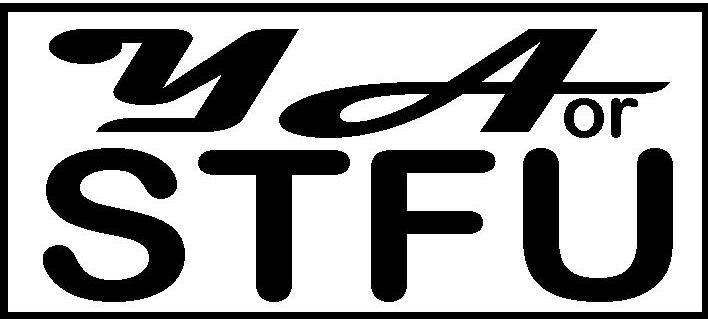Young Adult Literature without Apology
Amy's assessment of contemporary young adult literature, organized by author and title, censored by noone.
Realistic | Romance | Science Fiction | Historical Fiction | Fantasy | Horror | Mystery
Haddix, Margaret Peterson (2006). Among the Free. NY: Simon and Schuster. ISBN: 0689857985
I'll admit it: I'm a sucker for a series, even when the series sucks. Haddix's first novel in what is called her "Shadow Children" series set out a dystopian premise: in a future America, after a series of droughts and famine, citizens are prohibited from having more than two children. Those families who do birth a third child--by accident or design--keep these children hidden from the ruling Population Police who are authorized to kill such illegal children on sight. Luke, the series focalizer, is one of these shadow children. When he meets another third child, he joins a loose resistance group of shadow children and their supporters who are working to overthrow a goverment that doesn't seem to care about any of its people--third child or no. Throughout the series, Luke has infiltrated an exclusive boarding school, the household of a Population Police official, and one of the Population Police headquarters. In this, the last novel, Luke runs away from the Police when he is asked to kill an innocent citizen. His act of rebellion births a response among the people, who act in loose groups to rise up against the Population Police who patrol their hungry villages.
Since about the second book, each installment of the series has progressed in a similar episodic fashion: Luke is sent to infiltrate some dangerous location; there, he struggles with his own bravery and wonders if he's truly courageous or just doing what he can to stay alive; rumors of a "mole" abound in Luke's location and, just as we're holding our breaths, the mole--who turns out to be Not-Luke!--is revealed. In this last volume, the tyrrany is finally over and the people are in the process of reorganizing the government. Luke, however, is suspicious that the person who has emerged as the new leader of the people is still carrying the Population Police flag. A dramatic scene involving a horseback ride through a crowd of protesters leads to the conclusion. I'm so glad the series is over. It had a great premise within which questions about whether courage and the "life-wish" were the same impulse could be well-explored. I think it would have been more effective, however, if the series had been a trilogy and three of the locations could have been infiltrated and described in depth. By the end of this seven (plus?) book cycle, I felt like the point had been hammered home. Hard.
